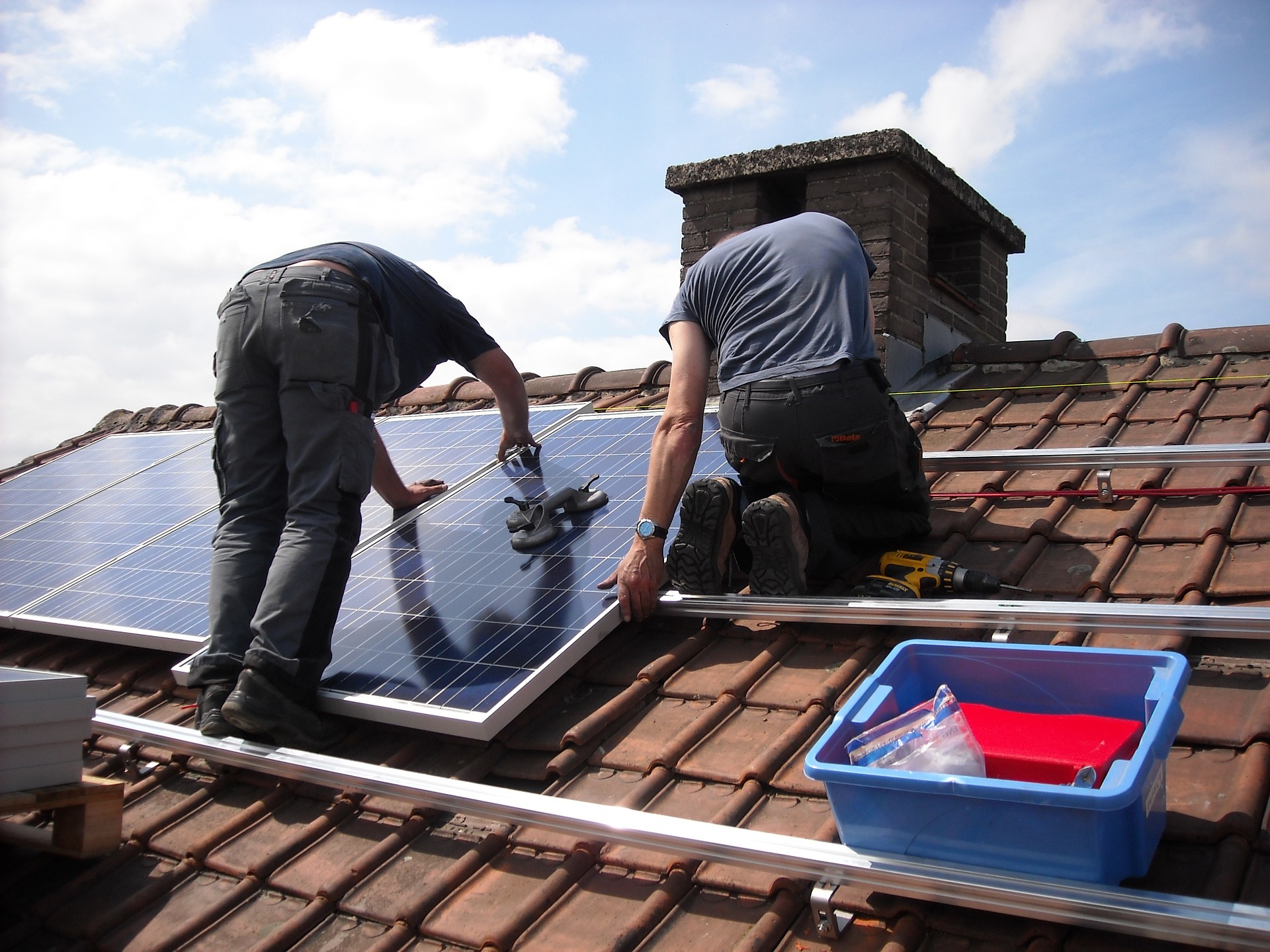
Energy
Home > Learn > Self-Reliance > Energy
Energy is often taken for granted in today’s society. There are plenty of times however when it is not available, even in non-apocalyptic situations. This can occur with weather events, such as hurricanes, fires, or snow storms. It could also take place after a deliberate attack, whether physical or cyber. At times, a spike in demand, a glitch in the system, or some other more random factor can cut access to electricity. For resilience on this front, one has a broad spectrum to choose from. Some simply choose natural gas appliances and heaters and such that are usually unaffected by a power outage. One of the most popular options beyond this is to have a generator. These are typically gas powered but could also be diesel, propane, solar, or other options. If it uses a fuel source, you would want to be sure to have a sufficient supply of fuel available to meet your overall goals. Some people choose geothermal as an alternative way to heat and cool their homes. While this still requires energy to run, it is a very small draw and a fairly constant one, making it a good pairing with solar in some cases.
If one desires even more resilience, solar may be a good fit. A solar system that is not tied into the grid includes multiple components such as solar panels, batteries, an inverter, wiring, and more. Each of these have many options to consider. Powering an entire home is very expensive and the batteries used in solar set ups do not do well or hold up as long if they are subjected to large loads being pulled at one time. Most appliances, hot water heaters, air conditioners, etc. are typically not good pairings with a solar system. One strategy is to set up a system that handles the rest of the energy requirements such as a fridge, freezer, lights, receptacles, etc. and leave the larger draws off the system.
As in most cases, it is important to have a specified goal and strategy in place when it comes to energy resilience. If your goal is survival, then having a wood burning fireplace or wood stove would likely suffice. If you use freezers to store large amounts of food, then putting them on solar may be a good option. If you are simply concerned with short power outages, using natural gas and having a small generator would likely meet your needs. If you desire to be able to survive well for longer periods of time, a combination of the above ideas would be needed.